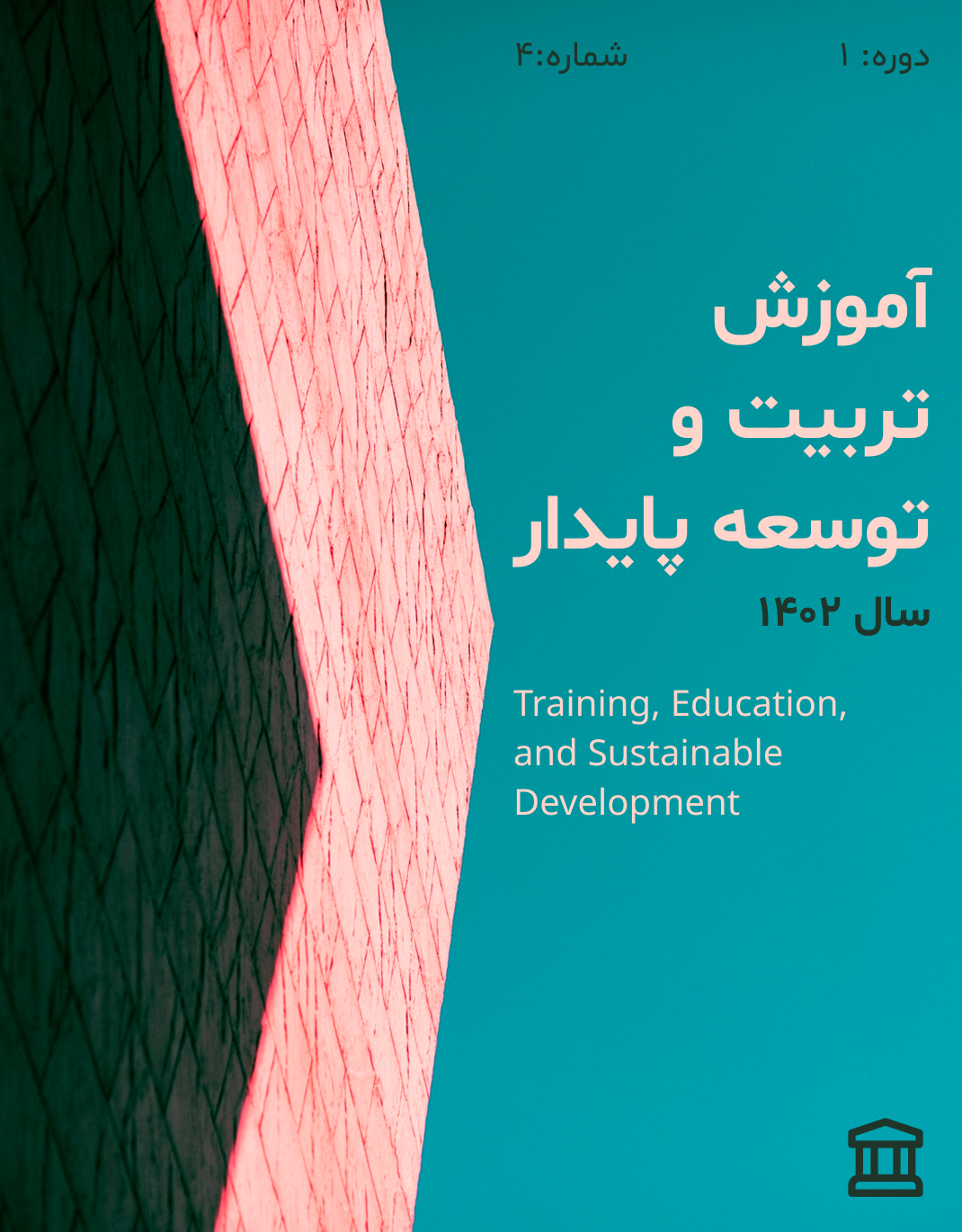Identifying the Components Influencing Self-Awareness in School-Based Educational Programs
Keywords:
Self-awareness, educational programs, schools, thematic analysis, social-emotional learningAbstract
This study aimed to identify the components influencing self-awareness in school-based educational programs using a qualitative approach. A qualitative thematic analysis approach was employed. Sixteen participants—including teachers, counselors, school staff, and curriculum developers in Tehran—were selected through purposive sampling. Data were collected using semi-structured interviews and continued until theoretical saturation. The data were systematically analyzed using NVivo software, and coding was conducted across open codes, subcategories, and main themes. Three main themes emerged from the data: (1) Individual foundations of self-awareness (including emotional awareness, recognition of strengths and weaknesses, self-acceptance, intrinsic motivation, and reflection); (2) Interpersonal and environmental influences (including peer interactions, teacher role, classroom climate, school-family interaction, cultural diversity, and media influence); and (3) Programmatic and instructional strategies (including curricular integration, creative activities, mindfulness practices, personal growth assessments, and life skills training). Findings revealed that self-awareness in students is shaped through the dynamic interaction of personal, interpersonal, and educational factors. School-based educational programs that integrate these components can effectively foster self-awareness and contribute to holistic student development. It is recommended that the identified strategies be incorporated into educational policy and curriculum design.
Downloads
References
Asgari, M., Rezaei, A., & Azadfallah, P. (2020). The Effectiveness of Self-awareness Training on Social Adjustment in Students. Journal of Psychological Studies, 16(3), 59–74.
Brackett, M. A., Rivers, S. E., Reyes, M. R., & Salovey, P. (2012). Enhancing academic performance and social and emotional competence with the RULER feeling words curriculum. Learning and Individual Differences, 22(2), 218–224.
Denham, S. A., Bassett, H. H., Zinsser, K., & Wyatt, T. (2012). How preschoolers’ social–emotional learning predicts their early school success: Developing theory‐promoting, competency‐based assessments. Infant and Child Development, 21(6), 667–692.
Durlak, J. A., Weissberg, R. P., Dymnicki, A. B., Taylor, R. D., & Schellinger, K. B. (2011). The impact of enhancing students’ social and emotional learning: A meta-analysis of school-based universal interventions. Child Development, 82(1), 405–432.
Goleman, D. (1995). Emotional Intelligence: Why It Can Matter More Than IQ. New York: Bantam Books.
Greenberg, M. T., Weissberg, R. P., O'Brien, M. U., Zins, J. E., Fredericks, L., Resnik, H., & Elias, M. J. (2003). Enhancing school-based prevention and youth development through coordinated social, emotional, and academic learning. American Psychologist, 58(6-7), 466–474.
Salovey, P., & Mayer, J. D. (1990). Emotional intelligence. Imagination, Cognition and Personality, 9(3), 185–211.
Schonert-Reichl, K. A., Oberle, E., Lawlor, M. S., Abbott, D., Thomson, K., Oberlander, T. F., & Diamond, A. (2015). Enhancing cognitive and social–emotional development through a simple-to-administer mindfulness-based school program for elementary school children: A randomized controlled trial. Developmental Psychology, 51(1), 52–66.
Zins, J. E., Weissberg, R. P., Wang, M. C., & Walberg, H. J. (2004). Building Academic Success on Social and Emotional Learning: What Does the Research Say? New York: Teachers College Press.
Downloads
Published
Submitted
Revised
Accepted
Issue
Section
License

This work is licensed under a Creative Commons Attribution-NonCommercial 4.0 International License.


